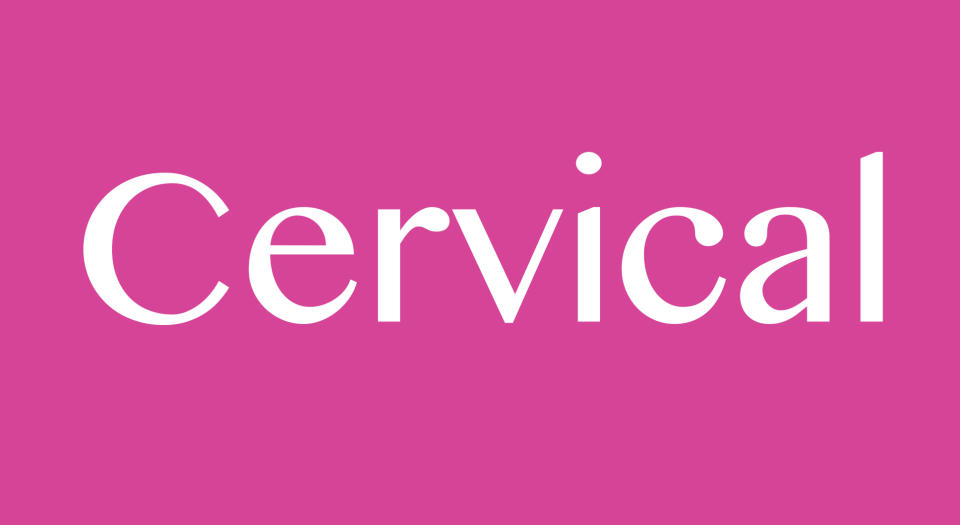Gynaecological cancers: What every woman needs to know
Our must-know info about gynaecological cancers is pretty poor.
If you asked women to list the cancers they are most at risk from, breast cancer would likely top the list, followed swiftly by cervical cancer.
And though most of us have heard of ovarian cancer too, there are other women’s cancers some of us know nothing about.
Though it’s little known, there are actually five gynaecological cancers – womb cancer, ovarian cancer, cervical cancer, vaginal cancer and vulva cancer.
According to recent statistics, 21,000 women in the UK are diagnosed with one of these five cancers every year. And sadly every single day, 21 women lose their battle with these particular types of the disease.
Experts believe that the other types of gynaecological cancers are often somewhat overlooked because women often find it hard to talk about their bits.
“With breast cancer we are more accepting about seeing the naked breast and toplessness and it’s not such a sensitive female organ,” says gynaecological cancer specialist information nurse Tracie Miles, from The Eve Appeal. “It’s more acceptable to talk about breasts, but we don’t talk about what’s in a woman’s knickers.”
Plus recent research from The Eve Appeal reveals that one in five women associate gynaecological cancers with sexual promiscuity. What’s more, almost 40% felt that there was a greater stigma around gynaecological cancers than other forms of the disease. Worryingly, that stigma is making women reluctant to visit their GPs with gynaecological health issues.
“It’s shocking that so many women are avoiding seeking help for gynaecological health problems for fear of being judged on their sexual behaviour,” says Dr Adeola Olaitan, Consultant Gynaecological Oncologist at UCL Hospital.
“It is a proven fact that early diagnosis of women’s cancers can save lives, so it’s important that we all start having honest conversations about the signs and symptoms of these diseases in order to break down the social taboos and any embarrassment that currently exist.”
Tracie Miles agrees. “Start the conversation with your friends about your vaginal anatomy, your periods, just normalise talking about it don’t make it a taboo subject and then if something is unusual you’ll feel more confident in going I think I need to go to the doctor,” she says.
With that in mind here’s your must-know guide to every gynaecological cancer…
For more information on gynaecological cancer visit The Eve Appeal or call 0808 802 0019 or email nurse@eveappeal.org.uk to get the conversation started.
Follow us on Instagram and Facebook for non-stop inspiration delivered fresh to your feed, every day. For Twitter updates, follow @YahooStyleUK
Read more from Yahoo Style UK:
Your sofa and other weird things that are apparently increasing your risk of cancer
This clever bra designed by an 18-year-old student can detect the early signs of breast cancer
Following a Mediterranean diet could reduce breast cancer risk by 40%







